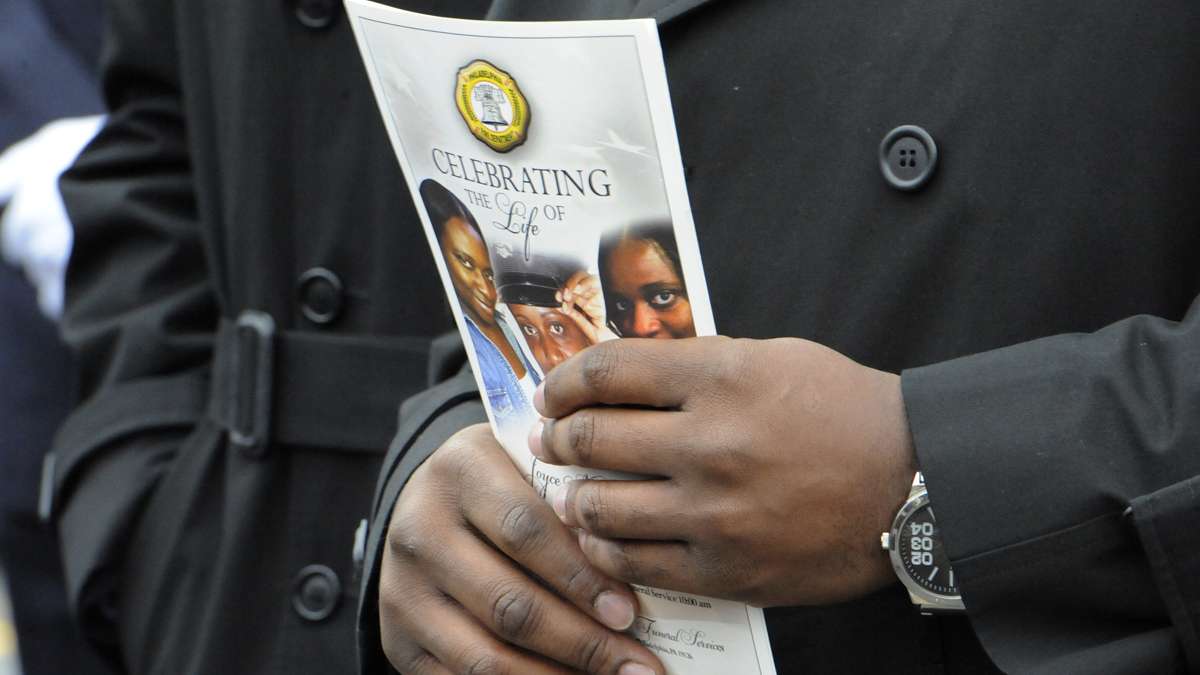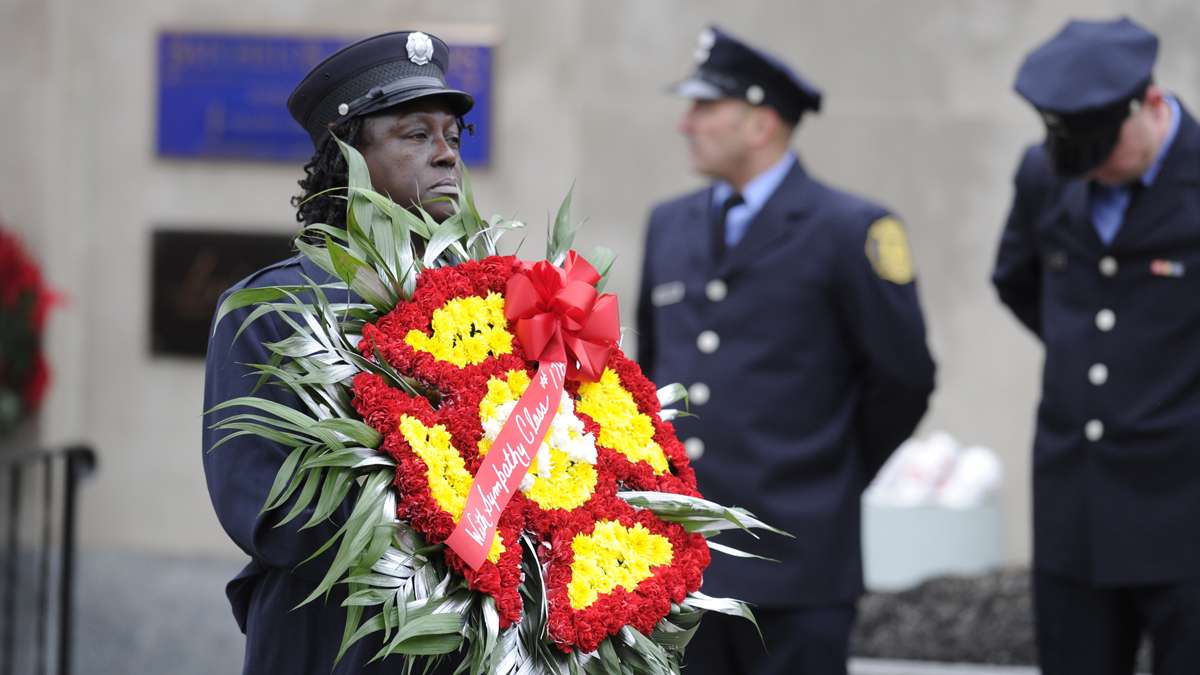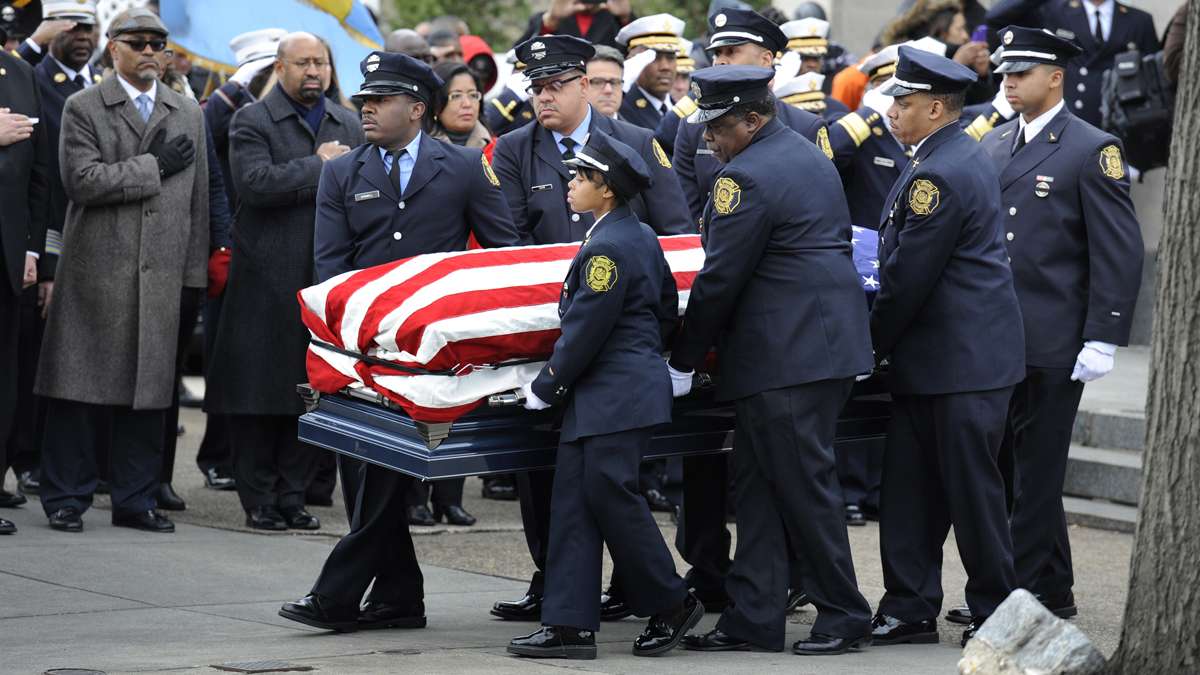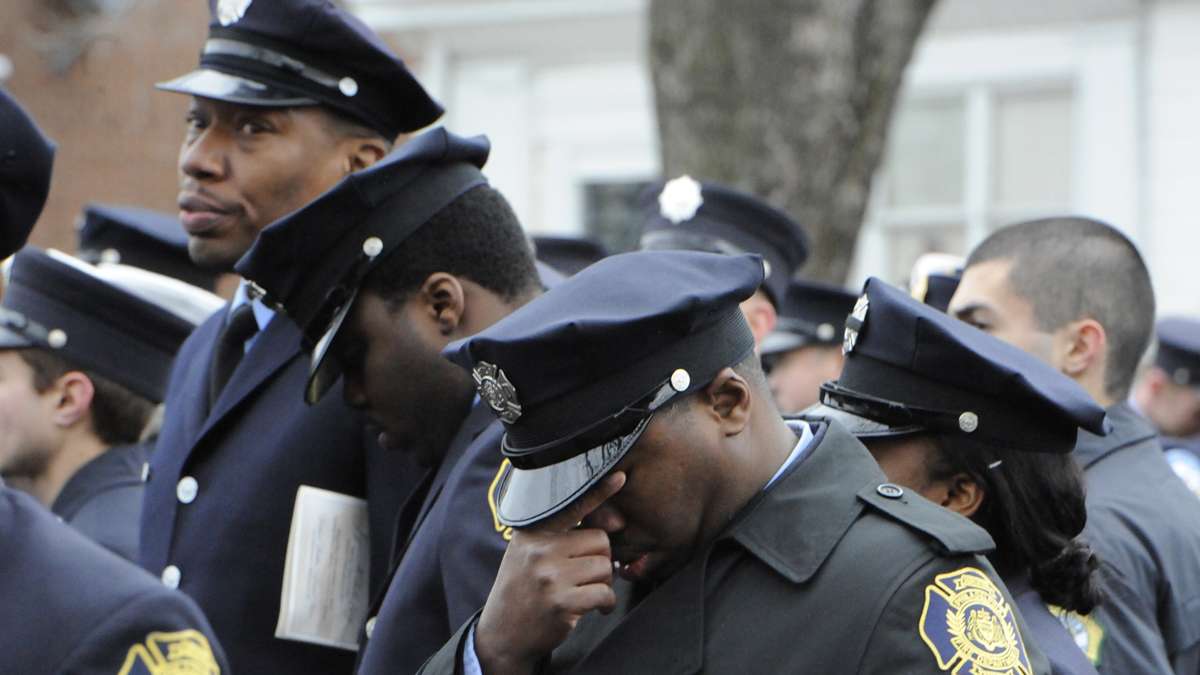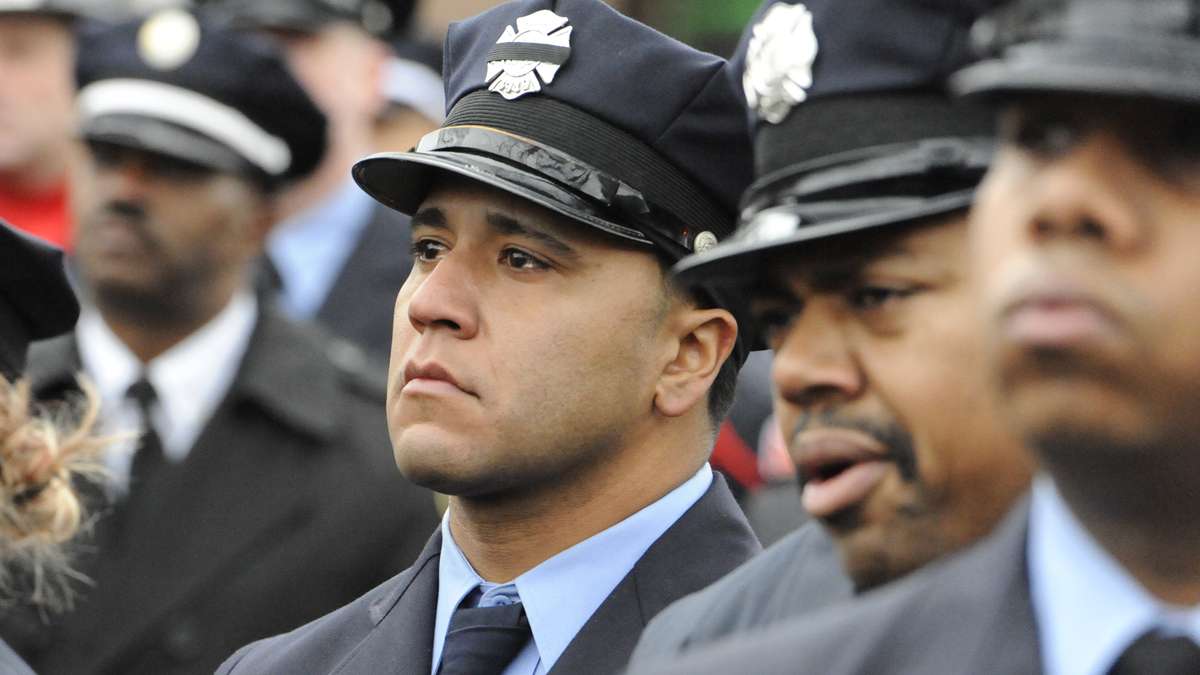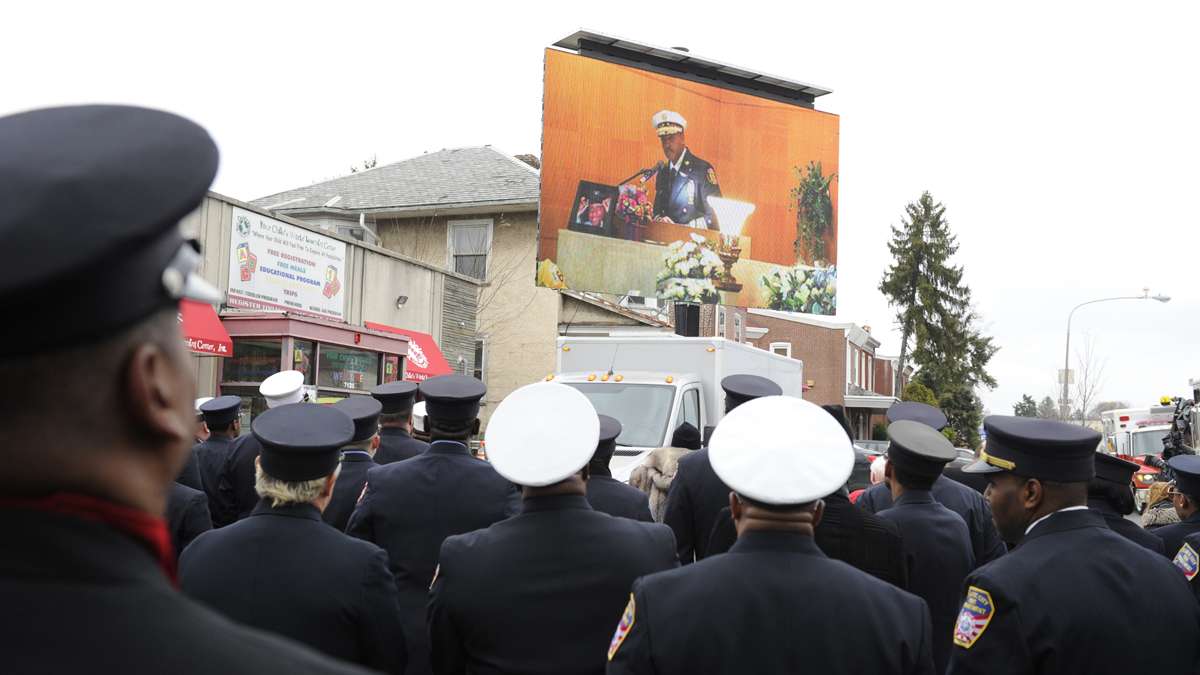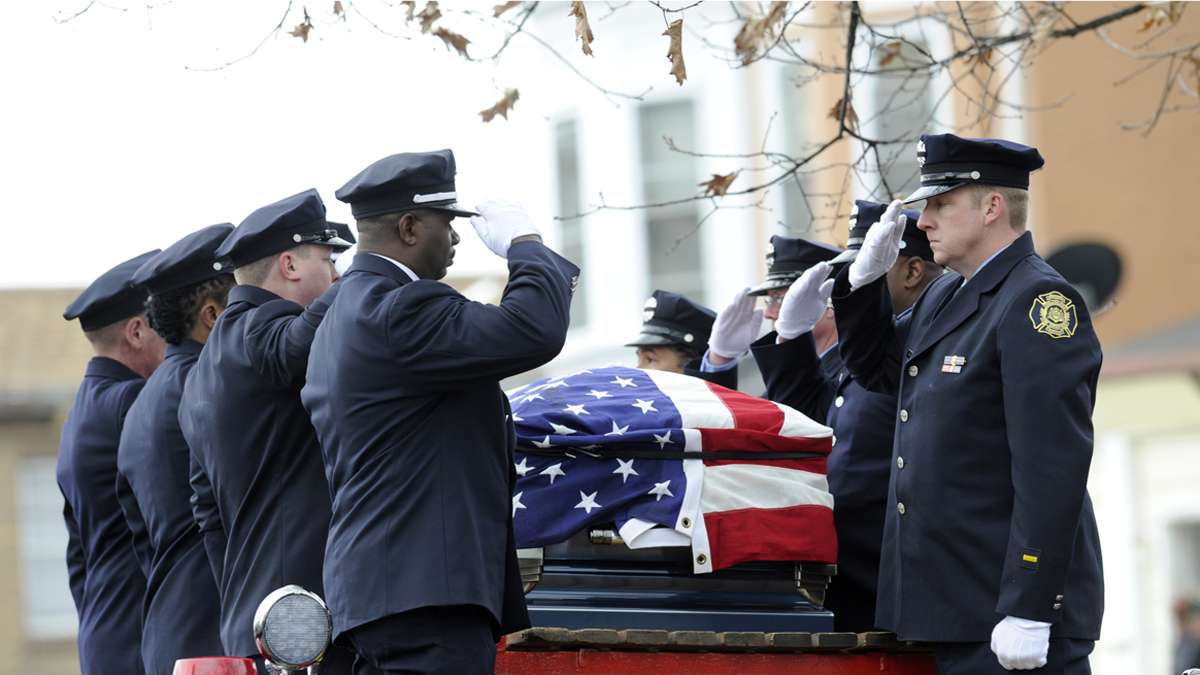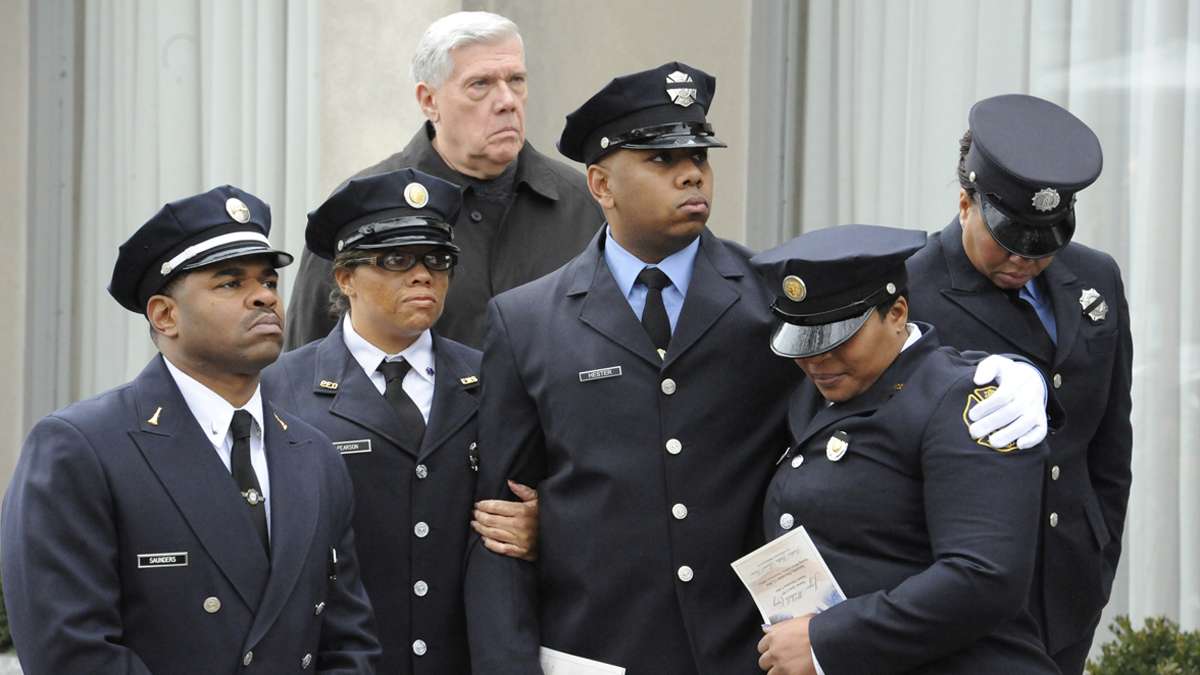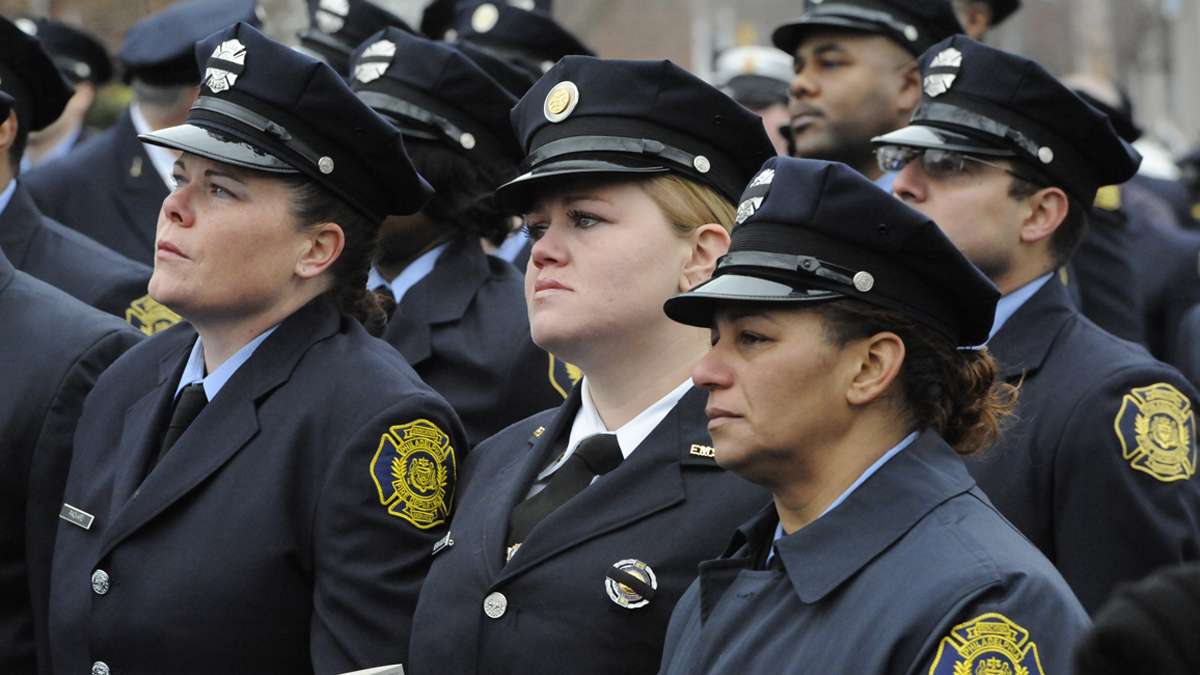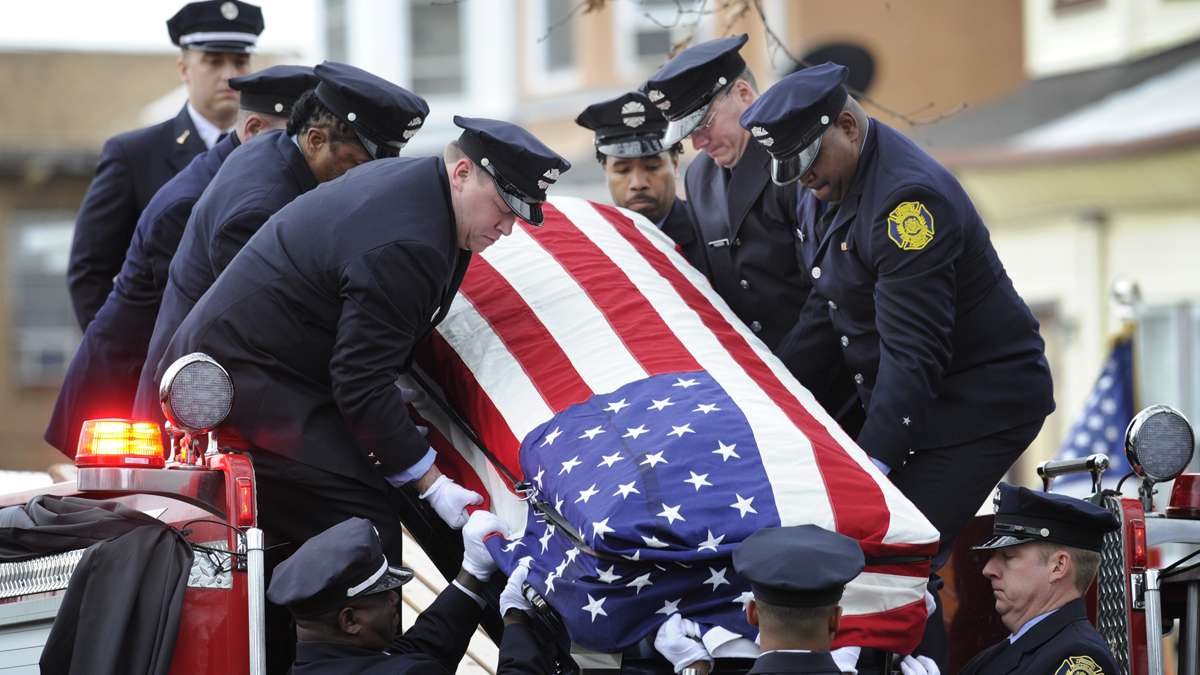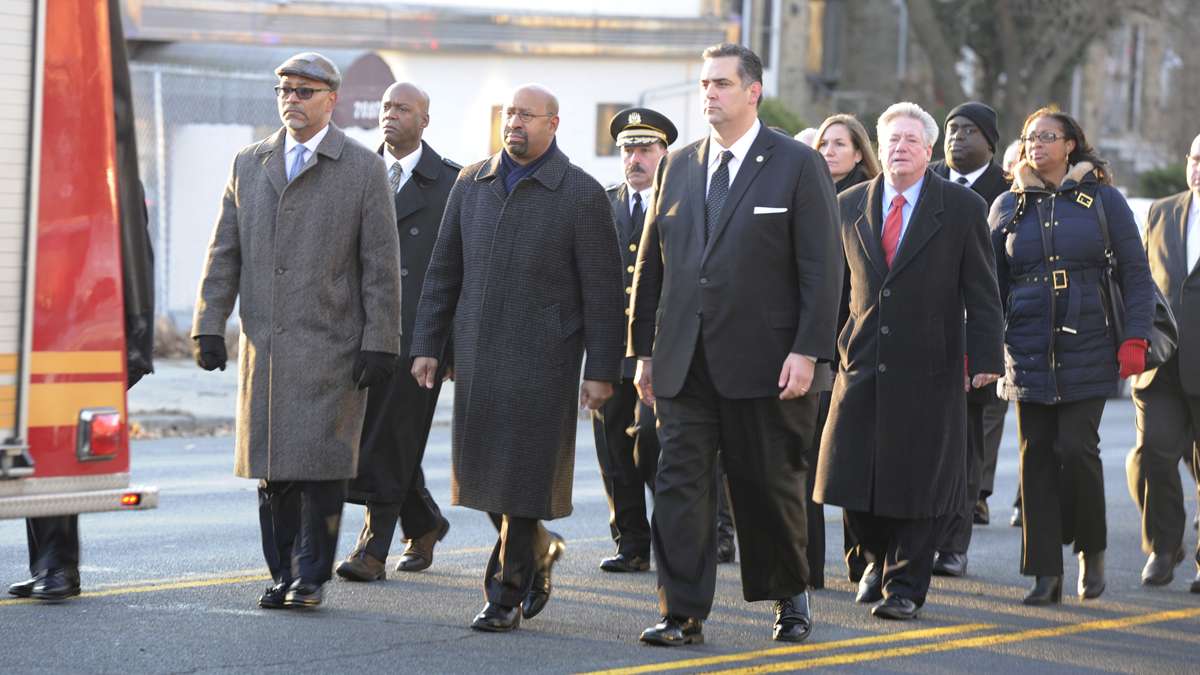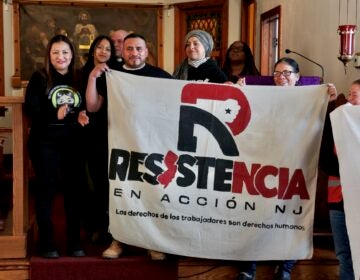Pension fund trustees sue Governor Christie over lower payments
Trustees for New Jersey’s largest pension funds want the courts to give Gov. Chris Christie a hard choice: Pay the $2.4 billion in state pension payments he cut or throw out the whole 2011 pension reform as a “breached contract”; restore the cost-of-living adjustments that were eliminated for retirees; and lower pension contributions to the levels that teachers, police and other state and local government workers were paying before the law passed.
In essence, the attorneys for the pension funds argue that if Christie’s attorney general is correct in arguing that the pension law he signed is unconstitutional because it binds the governor and Legislature to make ever-increasing future pension payments “with or without a specific appropriation,” then the entire law should be overturned, including the provisions cutting cost-of-living increases and requiring workers to pay more toward their pensions.
Acceptance of this argument would wipe out virtually all of the $121 billion in pension fund savings projected over the next 30 years as a result of the 2011 law, which Christie originally touted nationwide as a bipartisan solution to the state’s pension crisis. Since January, however, Christie has been calling for further concessions from the unions. He empanelled a Pension and Health Benefit Study Commission in August to recommend further savings — a task complicated by Christie’s expected run for the Republican presidential nomination in 2016 in a party that expects its candidates to be tough on unions.
Like earlier lawsuits filed by the state’s public employee unions, the lawsuit announced yesterday by the New Jersey Public Employees Retirement System (PERS), the Police and Fire Retirement System (PFRS), and the Teachers Pension and Annuity Fund (TPAF) seeks to force Christie to resume the seven-year ramp-up to full actuarially required funding needed to pay down the massive unfunded liability that threatens the viability of public-employee pensions.
Based on new federal accounting standards, Moody’s Investors Service pointed out last week, New Jersey state government’s pension liability for teachers and state workers is $83 billion and growing. As a result, both the PERS and TPAF pension systems could run dry in 10 to 13 years, creating a budgetary nightmare, as the Treasury Department was forced to admit in a recent bond prospectus.
But the either-or scenario in the lawsuit announced yesterday by PERS Chair Tom Bruno, PFRS Chair Wayne Hall, and TPAF Chair James Joyner adds a new wrinkle to the pension litigation already pending before Superior Court Judge Mary Jacobson.
Jacobson rejected the lawsuit by the New Jersey Education Association, the Communications Workers of America, and other unions challenging Christie’s right to cut $900 million in pension payments from last year’s budget, ruling that the cut was justified on the basis of fiscal emergency in the wake of an unexpected nosedive in state income tax collections.
However, in her dismissal of the lawsuit over the $900 million FY2014 pension cut, Jacobson ruled that the 2010 pension law signed by Christie did create a contractual obligation for the state to make the pension payments required to ramp up over seven years to full actuarially required funding of its pension system by FY18.
The unions viewed that as a sign that Jacobson could rule differently on their current lawsuit and order Christie to revise the current $32.5 billion state budget to restore the $1.5 billion FY2015 pension cut — which could have been funded back in July if Christie had accepted $1.5 billion in tax surcharges on the wealthy and corporations passed by the Democratic-controlled Legislature.
The lawsuit to be filed by the three major pension funds this week seizes upon the attorney general’s argument that the pension law was unconstitutional — which he used to defeat the challenge to the $900 million FY2014 cut — as its basis for an “alternative count for declaratory judgment.”
The “alternative count” asks the court to overturn the cuts in cost-of-living adjustments (COLAs) and the requirements that police and firefighters increase their pension contributions from 8.5 percent to 10 percent of salary and that teachers and other nonuniformed groups ramp up from 5.5 percent to 7.5 percent on the same seven-year schedule that the state was supposed to ramp up to full actuarially required funding of the deficit-ridden pension system.
“Chapter 78 was described by (Appellate Division) Judge (Susan) Reisner as reflecting a reasonable ‘tripartite’ compromise, whereby current employees, retirees, and the State each ‘contributed’ to solving the pension-funding problem,” the lawsuit by the pension boards noted, quoting from Reisner’s June 26 decision that retirees have a contractual right to cost-of-living increases.
“The Boards are therefore in doubt as to whether they can continue to require the current employees and the retirees to continue to provide their consideration of increased contributions and acceptance of decreased COLAs in view of the State’s failure to provide its consideration,” the lawsuit said.
Charles Ouslander, one of the 26 former deputy and assistant attorney generals who are plaintiffs in the Berg v. Christie COLA case on which Reisner ruled, applauded the argument made by lawyers Bennet D. Zurofsky, Robert D. Klausner, and Adam P. Levinson in their complaint on behalf of the trustees of the three pension funds.
“The fundamental issue underlying both the COLA and funding cases, now pending, is whether this administration can arbitrarily evade its clear contractual and statutory obligations with regard to the pension system,” Ouslander said last night. “If the state is allowed to act this way with regard to pensions, it can ignore its other obligations unhindered by the rule of law. That’s not the image New Jersey should project to the nation.”
Ouslander filed a petition to the state Supreme Court in the COLA case in the wake of Reisner’s positive Appellate Division ruling.
Christie spokesman Kevin Roberts failed to respond to an email request for comment. Zurofsky, Klausner, and Levinson were hired as outside counsel by the pension-fund trustees because the attorney general’s office, which normally represents the joint union-management trustee boards “has chosen to side with the Governor by claiming the funding law is invalid,” the trustee board chairs noted in a press release.
“Despite proclamations to the contrary, the Governor has usurped the authority of the State Legislature and has shamelessly broken his word by derailing the proper funding of the pension funds, while at the same time demanding participants endure benefit reductions and higher employee contributions,” the trustee chairs said.
The trustee chairs emphasized that they and the unionized workers and retirees they represent would prefer that the court order Christie to ramp up to the $5 billion in pension payments that would be required by FY2018 to begin to restore the pension system to solvency. But if Christie is able to shirk his fiscal responsibility, they argue, public employees and retirees should not be required to bear the burden alone.
“The funding problems of the pension funds are, to quote the Governor himself, the fault of prior administrations. And now, by scrapping his own promises while demanding sacrifices from public workers, the Governor has claimed this breach of faith as his and his alone,” they said.
________________________________________________
NJ Spotlight, an independent online news service on issues critical to New Jersey, makes its in-depth reporting available to NewsWorks.
WHYY is your source for fact-based, in-depth journalism and information. As a nonprofit organization, we rely on financial support from readers like you. Please give today.


